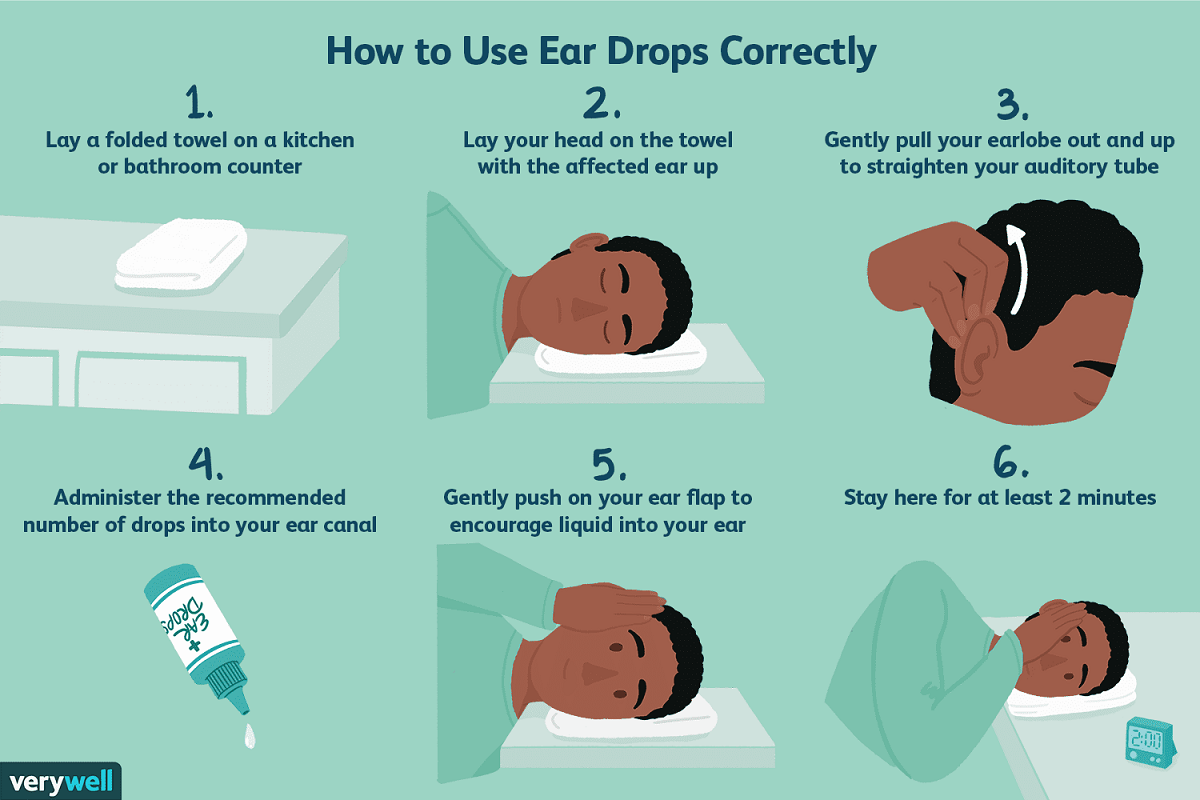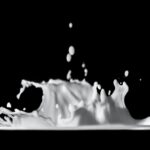
How to Pop Your Ears
- Santiago Cooper
- April 13, 2023
- Health, Lifestyle
- 0 Comments
When traveling on an airplane, going scuba diving, or riding a lift, the air pressure can cause Pop Your Ears. This sensation is called ear barotrauma.
Eustachian tubes help regulate the air pressure in your ears. They open and close to equalize the pressure in your ear canal. However, there are ways how to pop your ears and relieve this problem without having to go to the doctor.
The Process of Popping Your Ears
Your ears do a pretty good job at controlling air pressure. Thanks to a little piece of anatomy called Eustachian tubes, they are able to regulate, adjust, and equalize the pressure of the outside world inside your ears.
Sometimes, however, your ears can have trouble adjusting to the difference in air pressure caused by changes in altitude. This can cause ear pain, blocked ears, distorted hearing, and tinnitus. Here are some methods how to pop your ears:
Pop Your Ears by Swallow
Whether it’s a cold, allergies or other cause, sometimes your ears can feel clogged and you need to pop them. This can be a helpful and comfortable way to equalize pressure in the middle ear.
Normally, air moves from the upper part of your throat into your middle ear through tubes called the eustachian tube. When these tubes are closed, air can’t pass into or out of the middle ear.
When you swallow, yawn or scream, the muscles in your mouth and throat contract which forces the eustachian tubes to open. The action of swallowing, yawning or screaming relieves pressure and can help your ears pop.
If you’re traveling to a high altitude or diving underwater, your ears may become clogged because of changes in air pressure. Fortunately, there are a few easy ways to pop your ears. If none of these work, you should see a healthcare provider.
Pop Your Ears by Chew gum
When you’re flying on an airplane or climbing a mountain, sudden changes in air pressure can cause your ears to feel clogged and uncomfortable. It’s called ear barotrauma.
But fortunately, your ears are pretty good at regulating and equalizing the air pressure between your middle and outer ear. That’s why your ears tend to “pop” when they get clogged, and that relief is so welcome!
Chewing gum is a tried and true travel trick that many people use to help pop their ears. That’s because chewing gum involves swallowing, and when you swallow, your muscles automatically open your eustachian tube, which allows the pressure in your middle ear to equalize.
Today, we make chewing gum from a variety of synthetic gum bases, including chicle – a sap extracted from the Sapodilla tree – and polyisobutylene. This material is easy to mould and becomes soft in the mouth, but it’s not as flexible or pliable as the original sap from the mastic tree.
Pop Your Ears by Pinching your nostrils
When you are aroused, you may notice that your ears pop. This is caused by a change in air pressure or an obstruction in your Eustachian tubes, which help to protect and ventilate the middle ear.
Pinching your nostrils can help relieve this buildup. It can also help to prevent the clogging sensation in your ears from worsening, as it will equalize the pressure.
There are several different ways to pinched your nostrils, including the Valsalva maneuver and the Toynbee maneuver. You can also try swallowing water or a soft drink when you feel your ears are clogged.
Another easy way to pop your ears is to yawn or talk. This opens your mouth, which activates the muscles around the Eustachian tube and helps it open.
Pop Your Ears by Yawning
Yawning is an involuntary reflex that causes the mouth to open wide and the lungs to fill with air. It can be a relaxing process, stretching the eardrums and carrying extra oxygen to your brain and other parts of your body.
When yawning, your body releases endorphins and serotonin that make you feel more relaxed. It also boosts your heart rate and blood circulation.
The eustachian tube connects the nose to your middle ear. When it’s not working properly, air in the ear can’t enter the nose, causing pressure to build up on one side of your eardrum.
Popping your ears is a way to relieve this imbalance of pressure and reduce the pain you might be experiencing. This is a natural reaction that you can trigger by swallowing or chewing gum or yawning.
Excessive yawning, which is usually caused by sleep debt or other medical conditions, can be treated with lifestyle changes that support healthy sleeping habits and/or medications that help you get the rest you need. However, if you notice a sudden increase in your yawning, see your doctor to rule out any potential health concerns.
Pop Your Ears by Sneeze
Sneezing is a very common reflex that occurs when something in your nose tickles or irritates the nasal passages. It’s a quick, automatic response that clears your nose of invading bacteria and viruses.
The brain sends a signal to the nose, which causes the mucus glands to open and expel air. Then, the mouth and throat muscles close.
When this happens, the sneeze releases an incredibly large cloud of germs into the air. That’s why a single sneeze can spread up to 100,000 germs.
Eustachian tube dysfunction – If the tubes in your ears don’t open when you sneeze, swallow or yawn, they can build up pressure and become plugged. This can make your ears feel full or muffled and may even cause pain.
Popping your ears can relieve ear pressure and help your eardrum open properly. You can pop your ears safely by using a balloon or blowing out air.
Pop Your Ears by Blow
You’ve probably noticed that you sometimes get a clogged-up feeling in your ears, especially when you’re on an airplane or on a flight up a mountain. This can be frustrating, but it’s not something to worry about.
Normally, your ears do an excellent job at regulating pressure. This is made possible by a special piece of anatomy called the Eustachian tube.
The Eustachian tubes are responsible for bringing air into the middle ear and equalizing its pressure with that of the outside world. This helps prevent hearing loss from changes in air pressure during flights, scuba diving, hiking a mountain and other activities.
Whenever your Eustachian tubes are blocked, you may experience a crackling sound in your ears. This is because the air that should be going around the blockage can’t. However, you can find relief from this discomfort by gently blowing out your ear. This will also drain any fluid that’s been trapped in your ear.
Pop Your Ears by Balloon
If you’ve ever experienced a clogged ear, you’re not alone. Traveling by air or car, changing altitude, and even the flu can all cause your ears to feel full and noisy. In the medical community, you’ll find a long list of medications, treatments and surgical solutions to this problem. For many people, a few simple self-care tactics can help relieve the stress.
The above mentioned eustachian tube may not be as easy to access as it was in the past, but there are a few tricks up your sleeve to keep your hearing humming and your eyes gleaming.
One such trick is to perform a quick, albeit temporary, balloon burp. Using a balloon is the most efficient way to get rid of your own earwax, allowing your lungs to take over. A light puff from the balloon, followed by a few minutes of yawning and breathing with the balloon in place can do wonders for your tinnitus and general ear discomfort.
Pop Your Ears by Stretch your jaw
If you’re feeling clogged up in your ears, you may need to pop them. The pressure in your ear is normally regulated by a little-known structure called the Eustachian tube.
The tube works by regulating and equalizing the pressure inside your ear with the pressure outside. If this function isn’t working, it can feel like your ears are full constantly.
Read This Article:3 Point Slinger For Camera




